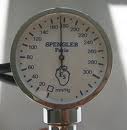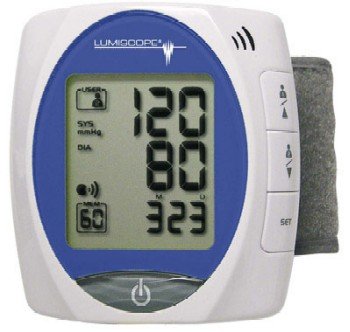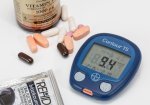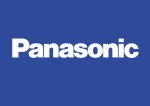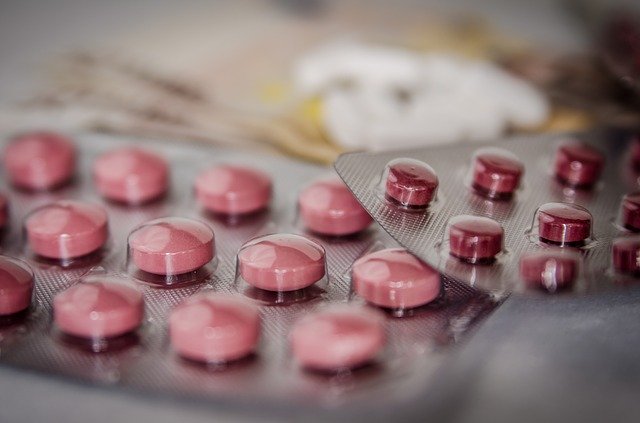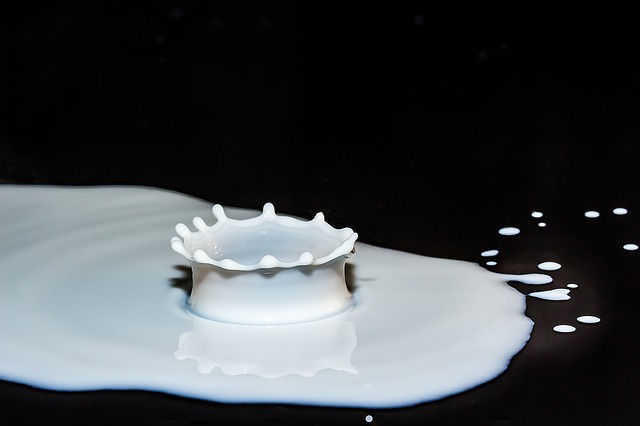Benign Hypertension Overview
This article also examines benign hypertension definition, symptoms and treatment

The causes of hypertension are not readily known in the case of essential hypertension. Secondary hypertension causes are known and may include underlying medical conditions such as heart disease or kidney and liver diseases. High blood pressure affects millions of people worldwide yet only a fraction of these are aware of their condition. Generally causes of low blood pressure are better known and understood than high blood pressure causes.
Benign Hypertension Definition
Benign high blood pressure is essential hypertension running for a considerably long period of time and being asymptomatic. The term benign distinguishes this type of high blood pressure from the more aggressive and rapidly developing accelerated hypertension which is also known as malignant hypertension. Malignant high blood pressure is more acute and severe rapidly reaching its end stage which may be stroke, heart attack or heart failure if left unattended.
On the other hand benign high blood pressure is slow moving and less damaging compared to accelerated hypertension. It often remains dormant for years in unaware individuals. It is in reality more common among many populations than malignant hypertension.
Benign Hypertension Symptoms
As a matter of fact millions of people lacking regular and consistent blood pressure monitoring will live with benign high blood pressure even for years increasing the risk of malignant hypertension. This is because benign high blood pressure lacks any visible symptoms. Benign hypertension symptoms can simply be absent, mild or altogether confused for another medical problem. Symptoms in mild form may include headache, nausea and other common high blood pressure symptoms.
The most sure way to ensure that any mild symptoms are not associated with hypertension is to constantly take blood pressure readings at the doctor's office or at home (article continues below).
Isolated Diastolic Hypertension | High diastolic blood pressure is generally considered less harmful than isolated systolic hypertension. however there are specific factors that makes it considerably dangerous. Learn More >>>
Isolated Systolic Hypertension | High systolic blood pressure is considered more dangerous than isolated diastolic hypertension. Studies have concluded that it targets older members of society. Learn More >>>
Labile Hypertension | Labile high blood pressure is as dangerous as stable hypertension. Interestingly treatment is radically different from the normal high blood pressure. Learn More >>>
Benign Hypertension Treatment
The term benign has long been understood to be a misnomer. There is a general yet misplaced belief that benign high blood pressure is harmless because it takes time to develop. In reality it is in fact a silent killer which may accelerate into malignant hypertension at moment's notice. Sometimes too fast and too late for doctors to intervene. Some patients with benign high blood pressure predispose themselves to this more dangerous and organ damaging malignant hypertension by being inconsistent when handling hypertension medications regimen.
Following a hypertension diet or generally eating foods that lower blood pressure which may include lots of fresh fruits and vegetables is recommended. This diet ensures that the body only gets the necessary levels of sodium (salt) on a daily basis. It keeps the patient within the recommended 2300mg per day instead of the burdensome 5400mg in most urban societies. Sodium is a key factor in high blood pressure patients and is undisputedly detrimental to patient blood pressure health. Excess consumption of sodium is a potential catalyst for the development of malignant hypertension in patients with benign hypertension.
Benign high blood pressure patients will need to manage consumption of foods and beverages that cause blood pressure spikes such as demonstrated by the link between caffeine and blood pressure. Caffeine is found in high levels in coffee yet millions of people are daily committed coffee drinkers. Other lifestyle modifications such as regular aerobic exercise, stopping smoking and drinking will be necessary to effectively manage benign high blood pressure helping prevent the development of malignant hypertension.
Home blood pressure monitoring using approved and recommended blood pressure equipment for accurate results such as the Omron monitors will be absolutely necessary in addition to regular visits to the doctor's office. Unfortunately, many people fail to realize the importance of accurate blood pressure readings and following hypertension guidelines (which happens to be the doctor's responsibility) if the correct medication is ever to be prescribed without a backlash of severe blood pressure medication side effects.
Pulmonary Hypertension Symptoms
Disclaimer
Information contained on this website is not meant to replace your doctor's advice.
(c) All Rights Reserved. 2010-2018
